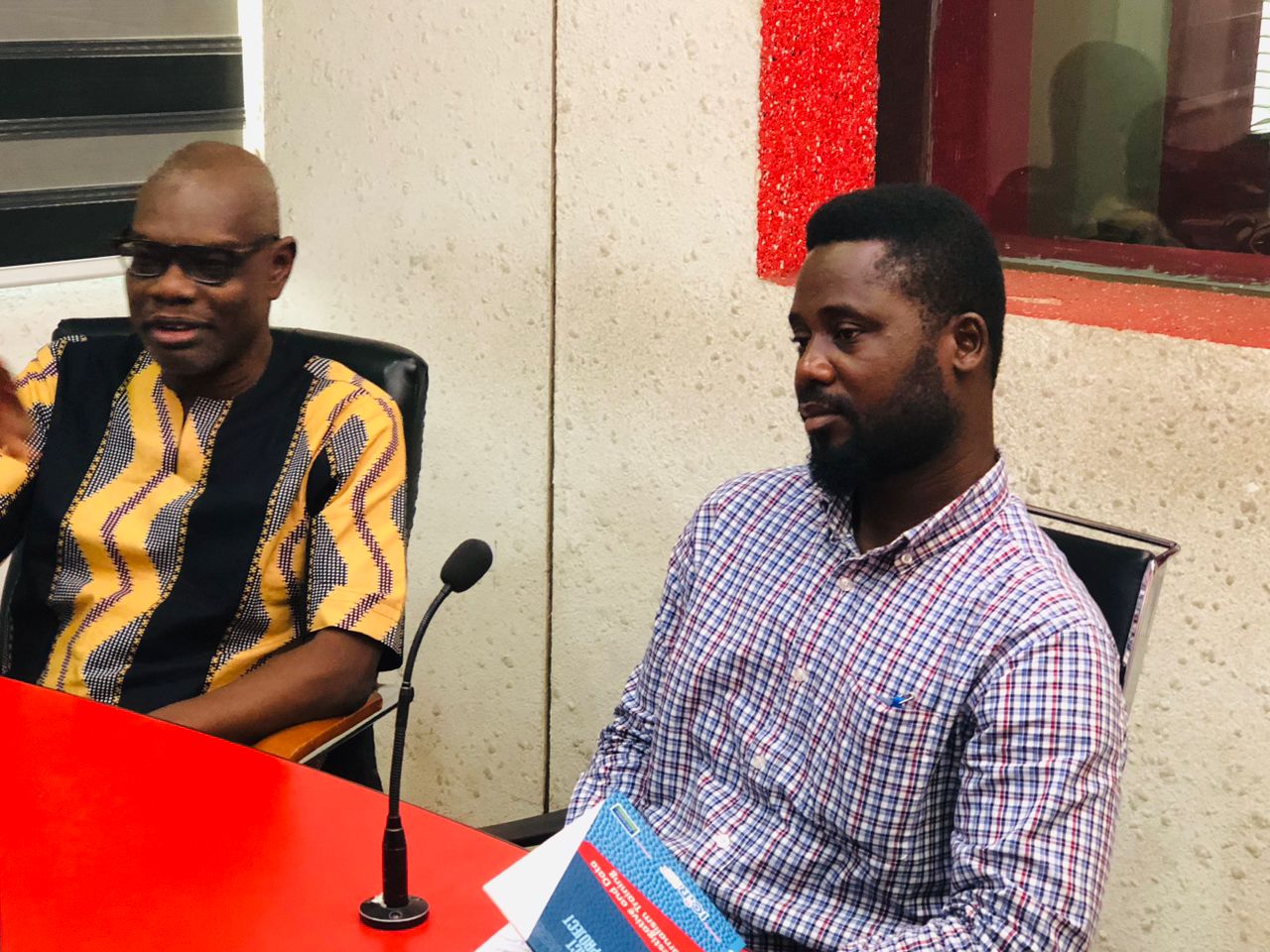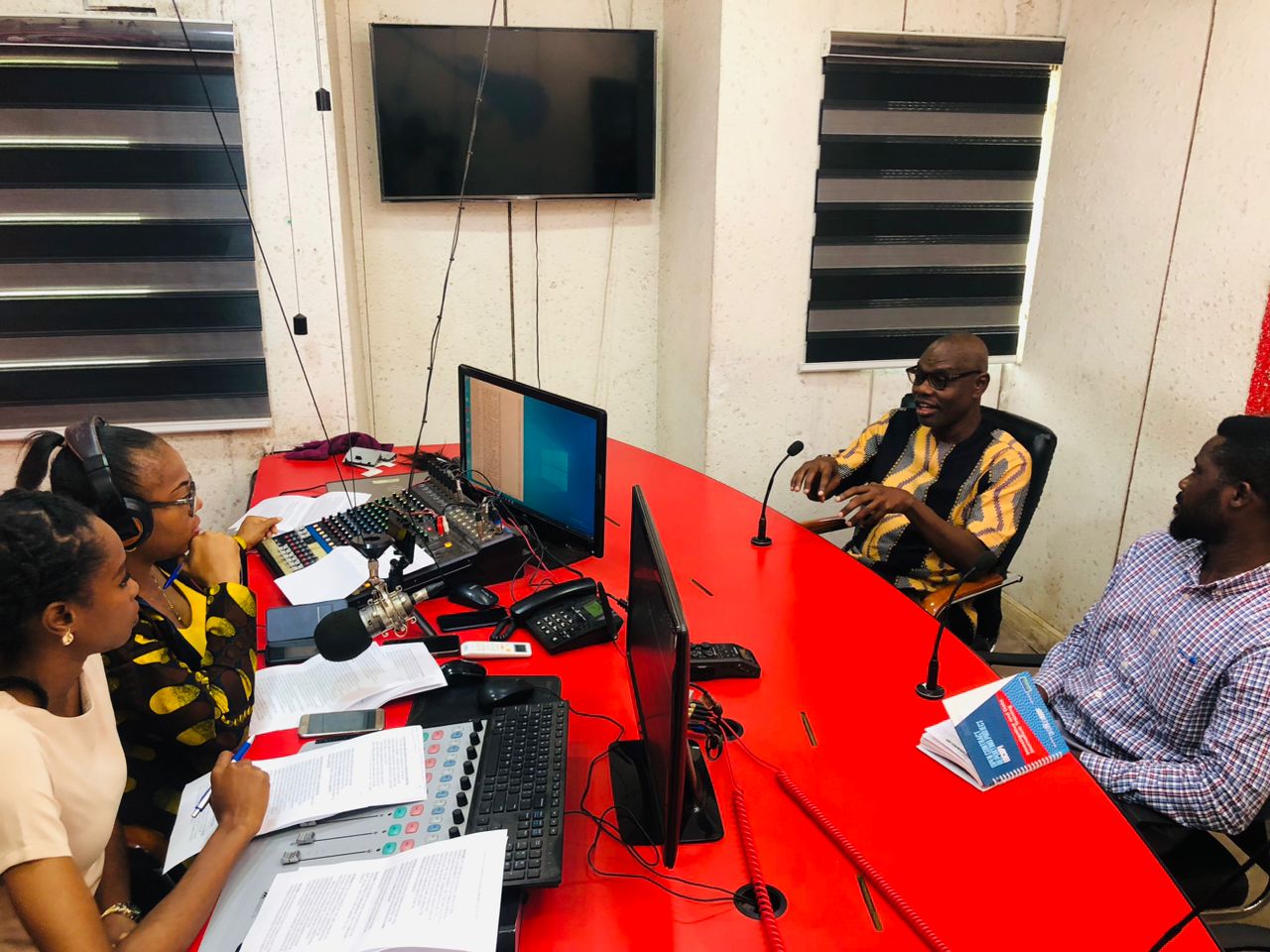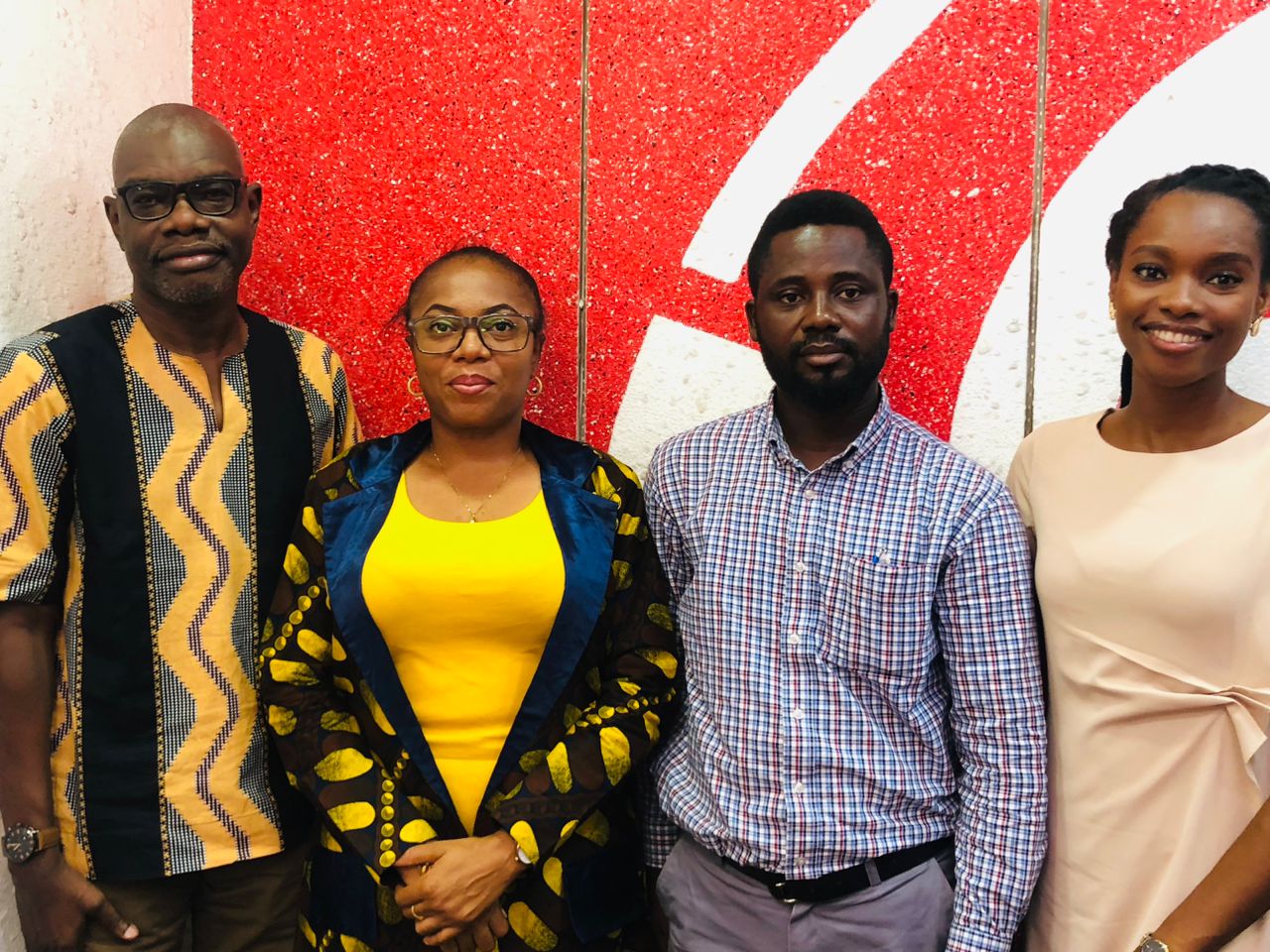Civil Society Organisations (CSOs), including the Progressive Impact Organization for Community Development (PRIMORG), African Centre for Media & Information Literacy (AFRICMIL), and the International Center for Investigative Reporting (ICIR), have urged the executive and legislative arms of government to provide a legal impetus for whistleblowing.
Recall the 9th National Assembly failed to pass whistleblower bills before it into law until their term had elapsed. The request for a whistleblower law is also coming on the heels of a recent corruption investigative report by ICIR which revealed that a good number of Nigerians have stopped reporting cases of corruption and looted funds due to fear of victimization and the government’s non-action on suspects.

AFRICMIL’s Programme Manager, Godwin Onyeacholem, led the call for passage of whistleblowing into law during PUBLIC CONSCIENCE, an anti-corruption radio programme produced by PRIMORG, Wednesday in Abuja.
Onyeacholem, who stressed that the Federal Government must take the fight against corruption seriously, counselled President Tinubu to maximize the full potential of whistleblowing to recover state-owned resources stolen by public officeholders. He urged members of the 10th National Assembly that “a law to protect whistleblowers and whistleblowing was long overdue.”
He lamented the failure of the immediate past administration to strengthen the whistleblowing policy, noting that the key shortcoming of the policy had been the absence of a law protecting whistleblowers.
“Once you have a whistleblowing law, then people will have that confidence that once they make a disclosure, there is a framework to protect them, but in a situation of a lapse in law to protect you, it’s a disincentive.
“This country is owing close to N80 trillion. No government needs more money than Tinubu’s administration, one of the ways to block the leakages in government is to encourage people to make disclosures, and then you act; this is because one of the things that also discourages whistleblowing is that people whom those whistles have been blown against not being punished.”
Onyeacholem expressed worry over the commitment of President Tinubu to fight corruption and warned that his administration “doesn’t have too much time to waste.
Towing the same line, a senior investigative journalist at ICIR, Olugbenga Adanikin, called on the government to provide a legal framework for whistleblowing stressing that “it will help in the fight against corruption in Nigeria.”
Adanikin lamented the growing number of Nigerians unwilling to report corruption, adding that there are honest and passionate public servants who are deterred from reporting corruption because of persecution and reprisal attacks from suspects.
“Once civil servants are sure that when they blow the whistle on corruption, the culprits are brought to book, and their lives are protected, they will be encouraged to do it.”

He tasked the Economic and Financial Crimes Commission (EFCC) and the Independent Corrupt Practices and Other Related Offences Commission (ICPC) to protect whistleblowers’ identities and adopt new strategies in their constitutional obligation to fight corruption. While warning journalists to ensure they trade on facts and protect their information sources.
“EFCC and ICPC can come up with brilliant initiatives of having covert operations. They can even partner with the DSS. Since we have DSS across the country, they can help with that covert operation; and shield the identity of the whistleblowers.
“Nigerian Journalists must promote the profession’s ethics, journalists must work to promote the public interest, and that means we are working not for our gain,” Adanikin stated.
On her part, PRIMORG’s Programme Manager, Dr. Adaobi Obiabunmuo, joined calls for the president and the members of the legislature to deepen whistleblowing and protection with a law.
Her words: “For us at PRIMORG, we urge the 10th National Assembly and President Bola Tinubu-led executive to ensure that there is legislation for whistleblowing in Nigeria soon enough”.
The whistleblowing policy was launched in Nigeria on December 21, 2016, to encourage people to voluntarily disclose information about fraud and other forms of corruption or theft.

Public Conscience is a syndicated weekly anti-corruption radio program PRIMORG uses to draw government and citizens’ attention to corruption and integrity issues in Nigeria.
The program has the support of the MacArthur Foundation.
About Author
You may also like
-
SGBV: Activists Seek Stringent, Stiffer Penalties For Rape Offenders
-
Anti-Corruption: Whistleblowing Law Long Overdue – Activists, Lawyers Counsel FG
-
N12bn Bribery Scandal: EFCC Urged To Prosecute Indicted Nigeria Customs Officials
-
NEIP: ICPC Harps On Collective Fight Against Corruption
-
ICPC Says Constituency Projects Tracking Declining Corruption, Urge Nigerians To Report Infractions

